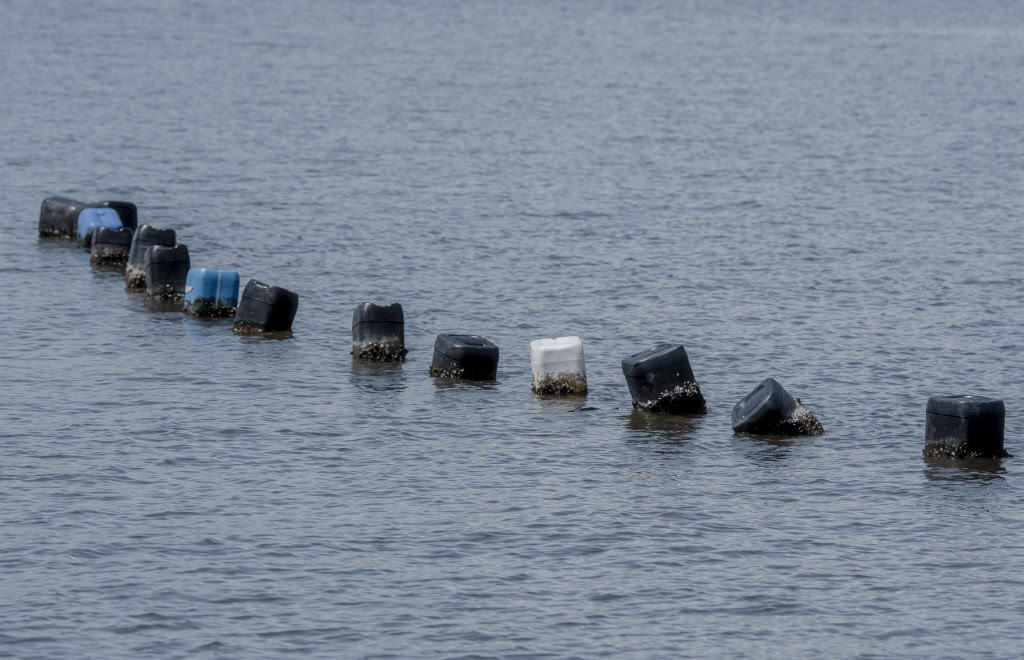Aquaculture is playing an increasingly important role in meeting global food needs, surpassing wild fisheries for the first time in production of aquatic animals, according to a report released on Friday. Global demand for seafood is expected to continue to grow, and increasing sustainable production is essential to ensuring healthy diets, the United Nations Food and Agriculture Organization said.
By 2022, aquatic animal production from aquaculture is expected to reach 94.4 million tonnes, accounting for 51% of total production, with edible production reaching 57%.
“Water systems are increasingly recognized as vital to food and nutritional security,” said a report released by experts who met in Costa Rica to discuss marine conservation.
“The diversity of seafood food systems, their ability to provide ecosystem services and support healthy diets make them a viable and effective solution that offers significant opportunities to improve global food security and nutrition,” the report added.
Wild fisheries production has remained little changed for decades, while aquaculture has increased by 6.6 percent since 2020, the report said. It added that the sustainability of wild fisheries resources remains a concern.
The report said the proportion of marine stocks fished at biologically sustainable levels will fall to 62.3% in 2021, 2.3% lower than in 2019. “Urgent action is needed to accelerate the conservation and rebuilding of fisheries resources.”
A call for investment
The report added that the world’s population is projected to reach 8.5 billion by 2030, “requiring significant investments to provide adequate food, nutrition and livelihoods to this growing population.”
“Aquaculture has a key role to play, particularly in Africa, where its vast potential has yet to be realised,” the report said, noting that more than 40 percent of the world’s population does not have access to a healthy diet.
Seafood remains one of the most traded food commodities, generating a record $195 billion in 2022, up 19% from pre-pandemic levels, the report said.
“Despite these significant achievements, the sector still faces major challenges from human impacts such as climate change, disasters, water scarcity, pollution and biodiversity loss,” it added.
The report was released on the sidelines of a meeting of delegates, scientists and international experts in San Jose in preparation for the Third UN Ocean Conference, to be held in France in 2025.
Opening the meeting, UN Under-Secretary-General for Social Affairs Li Junhua said protecting the oceans was “not an option but an imperative”.
Costa Rican President Rodrigo Chavez, host of the two-day conference, said if the world did not act, “our generation will rob humanity of its future.”
Participants will discuss issues such as the ocean’s capacity to absorb carbon dioxide, the need for sustainable fishing and tackling marine pollution.


